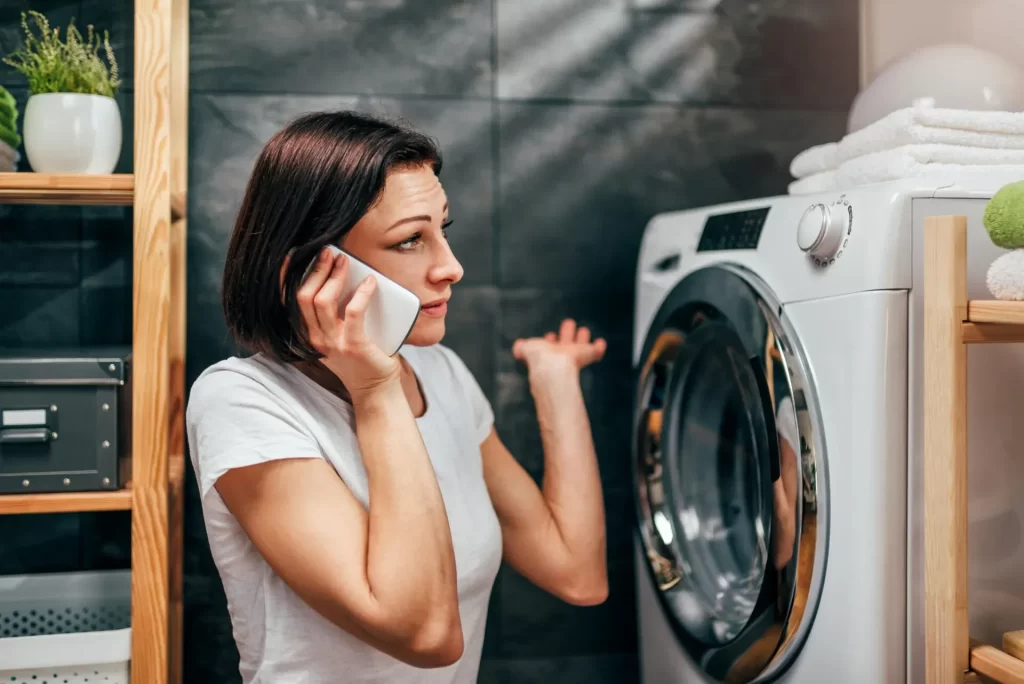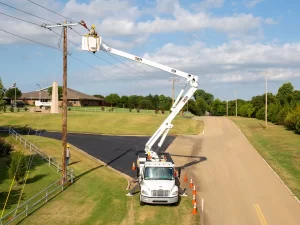Household appliances are built to last, but over time, they can wear out and become inefficient. When an appliance breaks down, homeowners often face a common dilemma: repair it or replace it? While repairs can extend the life of an appliance, there comes a point when replacing it is the more cost-effective option. Knowing when to make this decision can save money and prevent frequent breakdowns.
1. Consider the Appliance’s Age
Each appliance has an average lifespan. If your appliance is nearing or past its expected lifespan, replacing it may be the better option.
| Appliance | Average Lifespan |
| Refrigerator | 10-15 years |
| Washing Machine | 8-12 years |
| Dishwasher | 7-10 years |
| Oven/Stove | 10-15 years |
| Microwave | 5-10 years |
| Dryer | 10-13 years |
If an appliance is over 75% of its expected lifespan and requires frequent repairs, replacement is often the smarter choice.
2. Compare Repair Costs to Replacement Costs
A simple rule of thumb is the 50% rule:
- If the repair cost is less than 50% of the cost of a new appliance, repair it.
- If the repair cost is more than 50% of a new appliance, replace it.
For example, if fixing a broken washing machine costs $400 and a new one costs $700, it might make more sense to replace it rather than invest in expensive repairs.
3. Check Energy Efficiency
Older appliances tend to consume more energy, leading to higher utility bills. Newer models are designed to be more energy-efficient, which can save money in the long run.
Signs that an appliance is inefficient:
- A refrigerator or air conditioner struggles to maintain temperature.
- A washing machine or dishwasher uses excessive water.
- A dryer takes longer than usual to dry clothes.
Replacing an old appliance with an Energy Star-certified model can reduce electricity and water consumption, offsetting the initial cost of replacement over time.
4. Frequency of Breakdowns
If an appliance has needed multiple repairs in a short period, replacement may be the better long-term solution.
Indicators that replacement is necessary:
- You have called for repairs more than twice in a year for the same appliance.
- The appliance still malfunctions after repairs.
- Repairs become increasingly expensive over time.
If breakdowns are disrupting your daily routine, a new appliance will provide more reliability.
5. Availability of Replacement Parts
For older models, finding replacement parts can be difficult or expensive. Manufacturers often discontinue parts for outdated appliances, making repairs impractical.
When to replace instead of repair:
- The repair technician says parts are no longer available.
- The wait time for a part is excessively long.
- The cost of sourcing rare parts makes repairs too expensive.
If an appliance requires obsolete parts, upgrading to a newer model is the better solution.
6. Safety Concerns
Older or malfunctioning appliances can pose safety risks. Some warning signs include:
- Electrical issues: Sparking, flickering lights, or frequent circuit breaker trips.
- Gas leaks: A gas stove or oven emitting a gas smell should be replaced immediately.
- Excessive overheating: A dryer or microwave overheating could lead to fire hazards.
For safety reasons, replacing a dangerous appliance is always the best option.
7. Modern Features and Technology
Newer appliances offer features that improve convenience, efficiency, and functionality. If your appliance lacks modern technology, upgrading could be worthwhile.
New features in modern appliances:
- Smart refrigerators with touchscreens and inventory tracking.
- Washing machines with faster cycles and lower water usage.
- Smart ovens with Wi-Fi connectivity and pre-programmed cooking settings.
If an older appliance lacks features that could improve efficiency, replacing it can be a smart long-term investment.
When Is Repair the Better Option?
In some cases, repairing an appliance is the best choice, especially if:
- The appliance is less than halfway through its expected lifespan.
- The repair cost is low compared to buying a new one.
- The issue is minor, such as a faulty switch, clogged drain, or worn-out gasket.
- The appliance is a high-end model with a strong build quality.
Conclusion
Deciding whether to repair or replace an appliance depends on factors like age, repair costs, efficiency, and safety. If an appliance is old, inefficient, or frequently breaking down, replacement is usually the best option. However, if the issue is minor and the appliance is still within its lifespan, a repair can extend its usability. When in doubt, consulting with Honest Guys appliance repair can help homeowners make the most informed and cost-effective decision.




